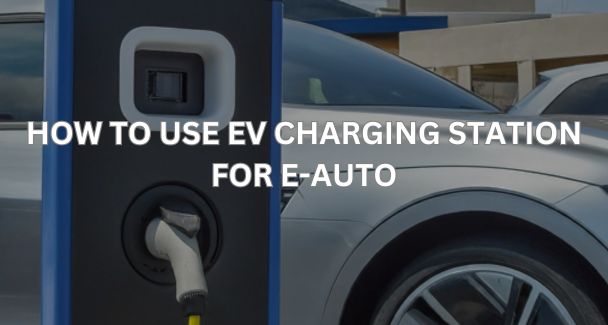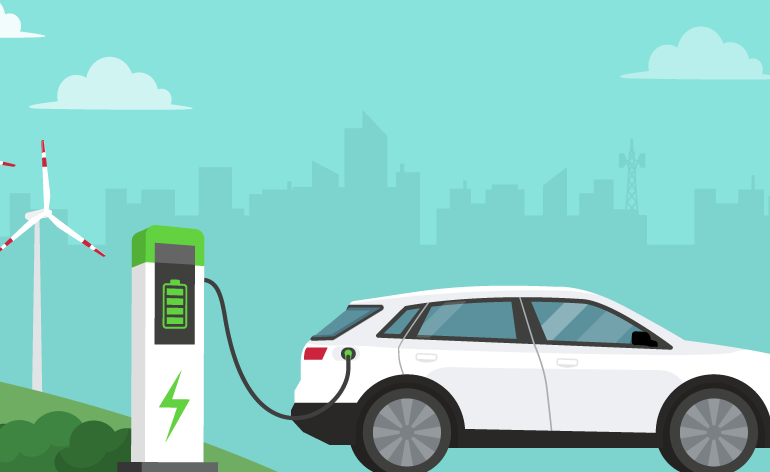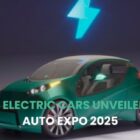When And How To Use EV Charging Station For e-auto
The last few years have witnessed an increasing number of electric vehicles on Indian roads. They are environment-friendly, economical, and a practical solution to fuel-based cars. EV adoption is increasing fast, as the public is becoming conscious of growing environmental concerns. Still, many find charging their EVs a daunting experience. You may want to learn when and how to use the charging stations to charge your vehicle.
How should you charge your vehicle on the move?
Before driving your vehicle on the city roads or highways, explore all charging options. Home charging is undoubtedly the most convenient way for day-to-day use. However, charging at public locations offers greater freedom. Fast charging stations are dotted on the busy thoroughfares of cities and towns. They are located at shopping malls, restaurants, or parking spots.
How to locate a reliable public charging station?
Conventional fuel stations are a common sight along roads and highways. However, public EV chargers might be tucked at the side of the road or in a parking garage. You may want to know where to charge your vehicle on the route. The best solution is to download a dedicated charging station finder app. There are many of them these days offering information on charging point location, availability, amenities, costs, and power output.
Consider your priorities
It is important when seeking a fast public charging station. Set your budget and determine how fast to charge your vehicle. Also, determine how much you can pay for the charge. Remember, fast charging is more expensive than slow charging. However, if you drive long distances, the added cost will be worth the investment. Otherwise, opt for the affordable, slow-charging AC points.
How should you pay for EV charging stations?
- You may seek a membership account with the leading charging point operators in the country. Using a dedicated app, a fob, or a key card, you can control your charging session. Charging fees at the stations are added to your account. You may check anytime in your app.
- You may use your debit card, credit card, or e-wallet to make payments at the public charging stations. It offers greater flexibility as you don’t have to become a member of any service or network provider. However, non-members are charged higher rates for the convenience. Before you enter any charging station, check what payment mode they accept.
When to use the charging station?
Ideally, an EV battery should be in excellent health, around 20 and 80 percent. It helps prolong battery life. Hence, charge as little as possible. Keep the battery below the recommended 80% and above 20%. Use fast-charging DC stations on occasion. Charging daily can degrade the battery faster. Go through the manufacturer’s manual to determine the number of times you can fast charge your EV.
How should you use the public station to charge your vehicle?
Follow the given steps to use the EV charging station for e-auto.
- Charging cable: Home chargers come with built-in cable. Some public charging stations have charging points to charge your EV. However, others might require you to bring your car’s charger and plug it into the socket. A suitable charging cable ensures your vehicle stays charged while driving long distances.
- Connect vehicle to the charger: Built-in cables to the charger require connecting it to the charging point in the car. It can be right under the badge or on either side at the front. When using the car’s cable, plug it into the AC or DC public charging station.
- Authenticate to initiate the charging session: Authenticate yourself to arrange payment. It requires using a dedicated app, a fob, or a key card. Some stations allow paying directly through e-wallets, credit or debit cards. After authentication, the charging session initiates.
- End of your vehicle’s charging session: Once you feel that your car has sufficient charge, swipe the fob or card to end the session. If using an app, click on Stop. After stopping the charging session, the cable unlocks automatically. Store the cable safely on your car’s trunk or the charger.
Fast charge your electric vehicle
Although most EVs claim to have fast-charging capabilities, most drivers are unlikely to find fast charging an everyday experience. However, this essential piece allows drivers to take a practical approach and enjoy long drives without interruptions. Fast charging is DC or level 3 charging. DC fast charging stations deliver high-powered current to charge the vehicle in minutes and help queues.
DC Charging – the future
These days, people lead busy lives. Many require traveling long distances for work or to spend time with their relatives or friends. Driving electric vehicles is no hassle. Fast-charging public stations are set up in busy cities, towns, and highways to cater to EVs of all models and types. It enhances flexibility and allows you to travel across the country with colleagues, friends, family, or alone.













